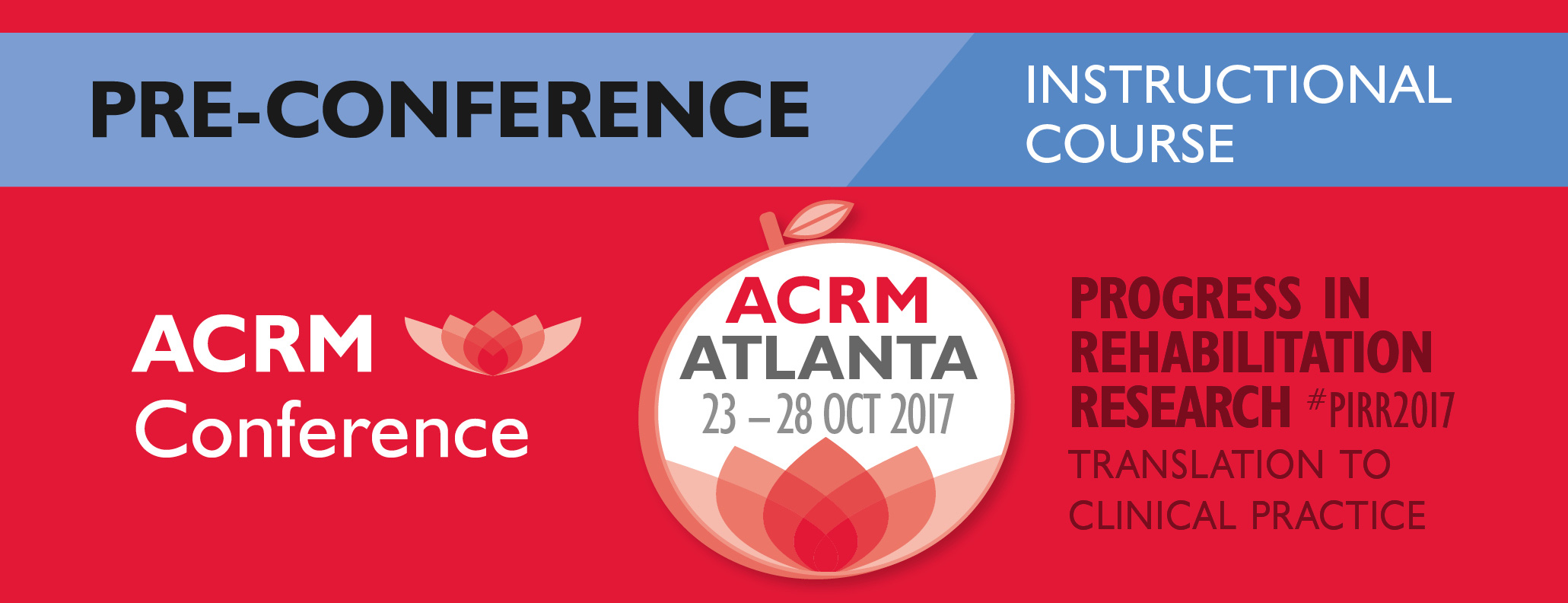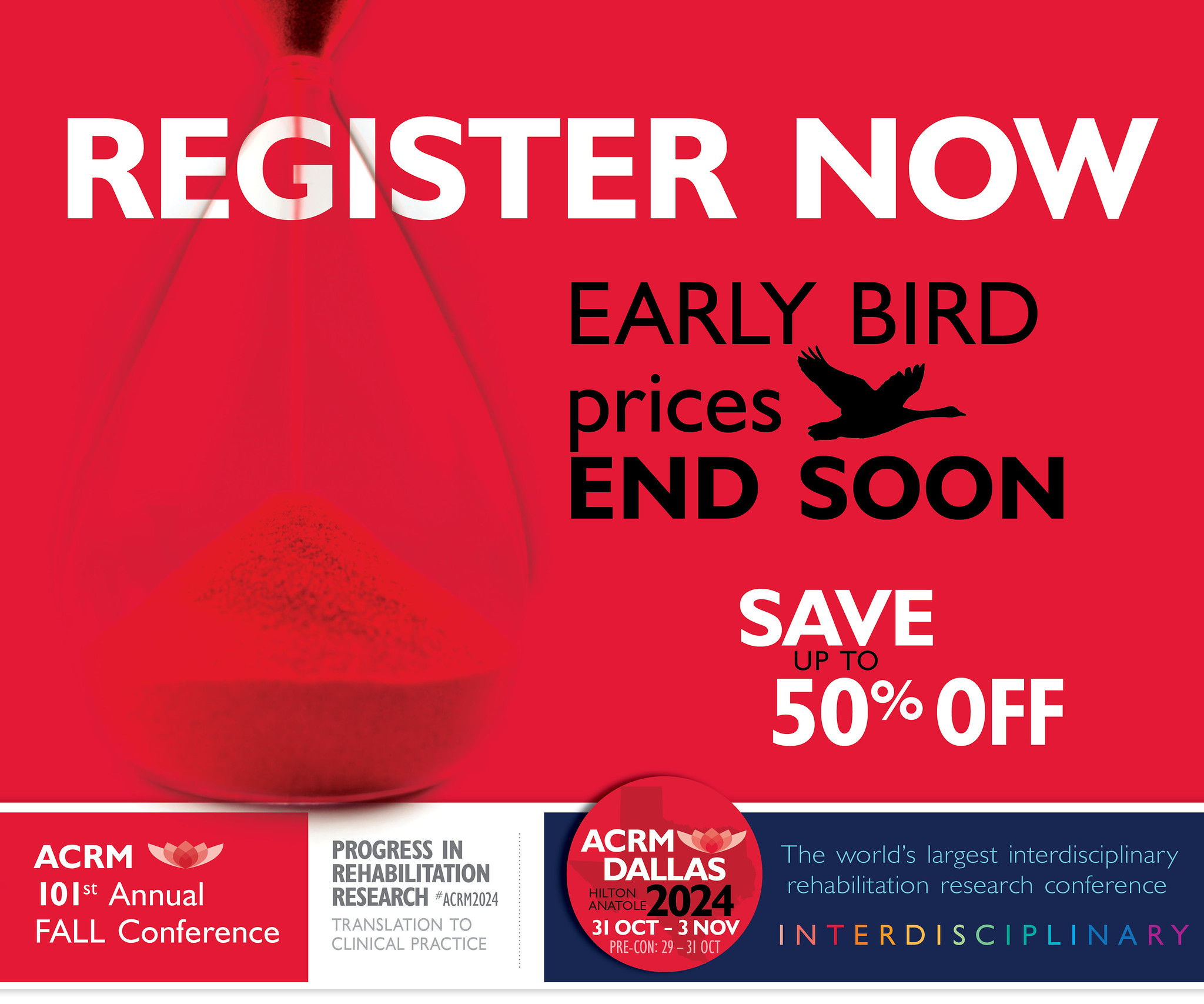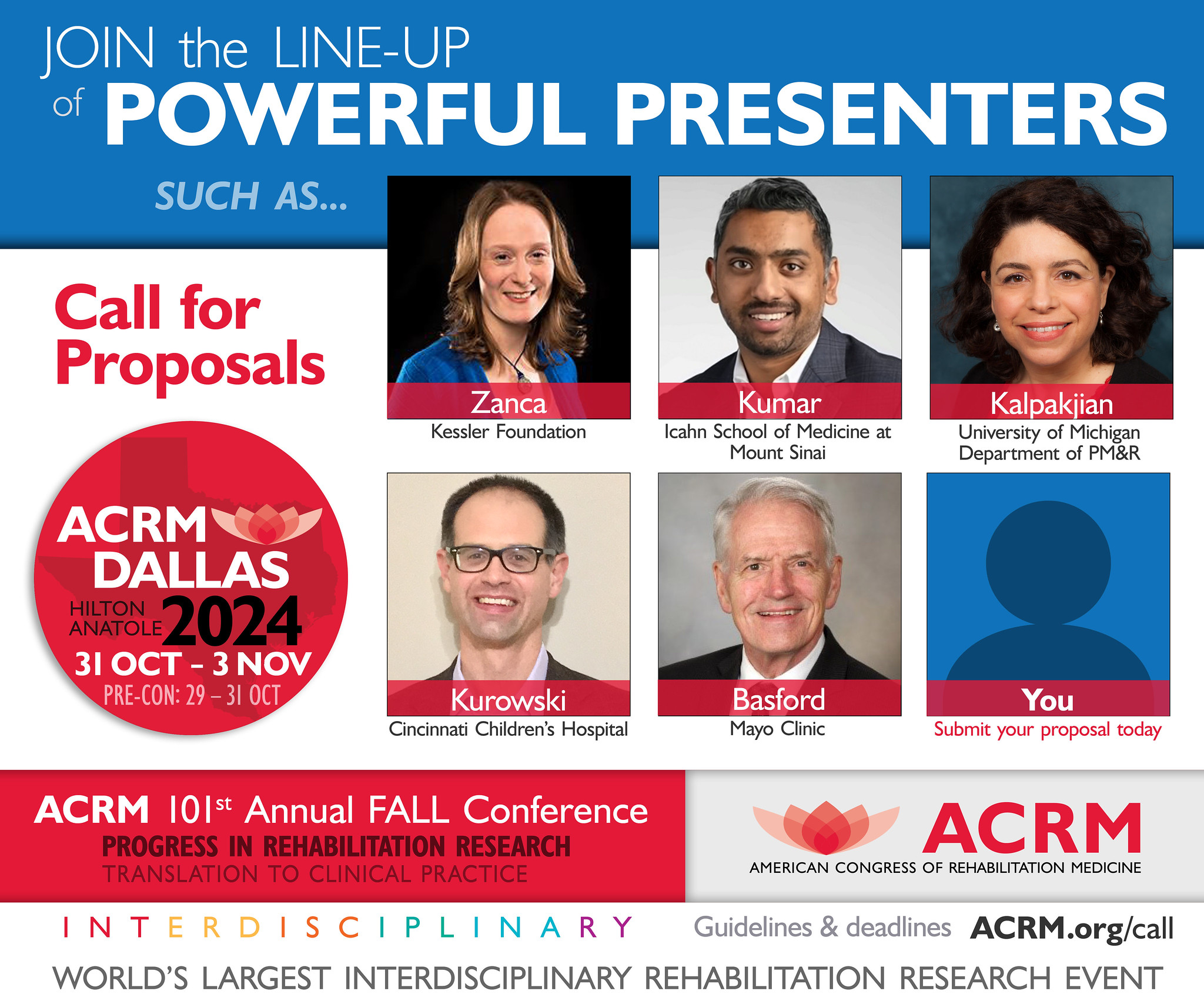WED 25 OCT // 8:30 AM – 12:30 PM
Primary Content Focus: Stroke
Secondary Content Focus: Clinical Practice (assessment, diagnosis, treatment, knowledge translation/EBP, implementation science, program development)
Tertiary Content Focus: Quality Improvement and Implementation Science
In this instructional course, we will first discuss the definition of spatial neglect and emphasize the clinical impact on stroke survivors. Next, we will explain the KF-NAP and offer participants the opportunity to practice using the assessment through access to patient cases via video. After, the KF-PAT will be introduced. The small groups will now learn to administer this treatment protocol by actually practicing with the equipment. Conclusions will be a discussion the practical implications of using both protocols in an inpatient rehabilitation facility.
LEARNING OBJECTIVES
- Describe the definition of spatial neglect
- Describe the clinical impact of spatial neglect
- Understand the potential benefit of using both the KF-NAP and KF-PAT
- Describe the clinical implications of using KF-NAP and KF-PAT
PRESENTERS
Peii Chen, PhD
Kessler Foundation
Kimberly Hreha, EdD, MS, OTR/L
Kessler Institution for Rehabilitation
Kelly Walloga, MS, OTR/L
Kessler Institute for Rehabilitation
Natalia Noce, OTD, OTR/L
Kessler Institute for Rehabilitation
BIOS

Dr. Peii Chen is a unique researcher in the field of rehabilitation science. Trained as an experimental cognitive psychologist, she applied her research skills into outcome measurement and person-centered rehabilitation research. Her dedication drives her creativity in study design and research activity implementation. For the past few years, she has raised the awareness of spatial neglect in stroke and TBI rehabilitation, through research studies that demonstrates the prevalence, the long-term impact, and the inter-personal impact of spatial neglect. She is a requested speaker, and lead author on multiple peer reviewed journal articles.
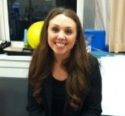
Kimberly Hreha has been an occupational therapist for 10 years, all of which have been at Kessler Institute for Rehabilitation. She has served as the Stroke Clinical Research Coordinator for the past four years. Dr. Hreha’s main research focus is interventions for the remediation of spatial neglect post stroke and outcome measurement. She has worked on projects related to neglect assessment development and been co-investigator on different treatment studies to remediate neglect. She has also collaborated on multiple peer-reviewed publications, authored various editorial reports for newsletters and online blogs, and even presented over 50 scientific conference reports. Dr. Hreha has been asked by multiple occupational therapy departments to lead student research projects for Masters Students. In addition, she has held multiple training sessions to have all Kessler Institute of Rehabilitation staff trained to use or understand the assessment/treatment approach the research supports.
Kelly Walloga is a senior occupational therapist at the Kessler Institution for Rehabilitation, and has worked there since 2012. She is the lead clinical OT at the Chester campus on topics related to spatial neglect assessment and treatment protocols. She has trained many new staff, students and staff rotating to the stroke unit, on these protocols.
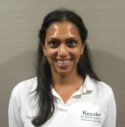
Natalia Noce is a senior occupational therapist at the Kessler Institution for Rehabilitation, where she has worked since 2011. She is the lead clinical OT at the West Orange campus, on topics related to spatial neglect, upper extremity assessment and treatment protocols. She has trained many new staff, students and staff rotating to the stroke unit, on these protocols.
ACRM Annual Conference, Progress in Rehabilitation Research (PIRR#2017)
CORE: 25 – 28 OCT 2018 // HILTON ATLANTA, USA // PRE-CONFERENCE 23 – 25 OCT
REGISTER ONLINE HERE or Register by Phone: +1.703.435.5335
 |
 |
 |
 |


